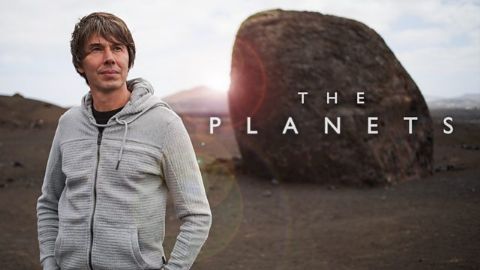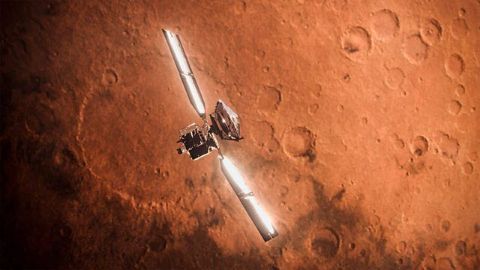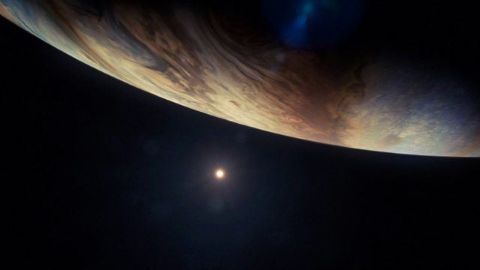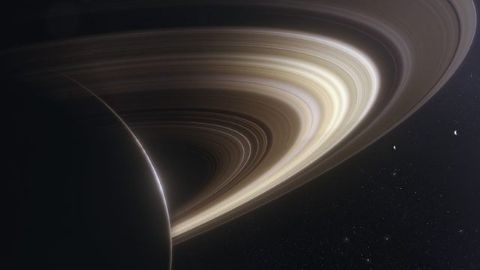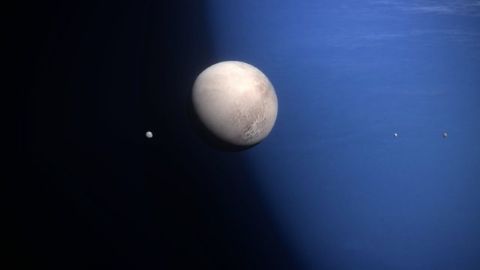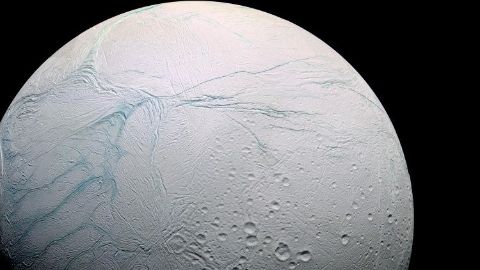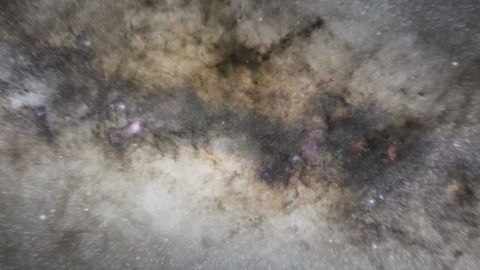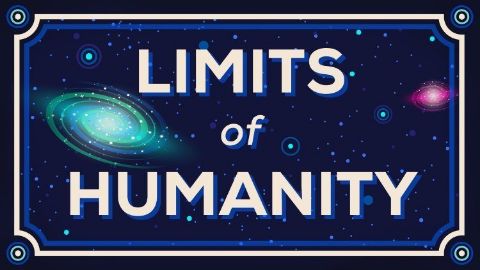The Planets 2019 • 2019 • 5 episodes •
The rocky planets Mercury, Venus, Earth, and Mars were born at the same time from the same material - yet have lived radically different lives. What immense forces are at play?
2019 • Astronomy
Professor Brian Cox continues his tour of the solar system revealing that it was once home to not one, but two blue planets.
2019 • Astronomy
Brian Cox continues his exploration of the solar system with a visit to a planet that dwarfs all the others: Jupiter. Its size gives it a great power that it has used to manipulate the other planets.
2019 • Astronomy
Professor Brian Cox reveals the history of Saturn. Saturn began life as a strange planet of rock and ice and in time transformed into a gas giant, ring-less and similar looking to its rival, Jupiter.
2019 • Astronomy
In the final episode, Professor Brian Cox journeys to the remotest part of the solar system, a place that the most mysterious planets call home.
2019 • Astronomy
